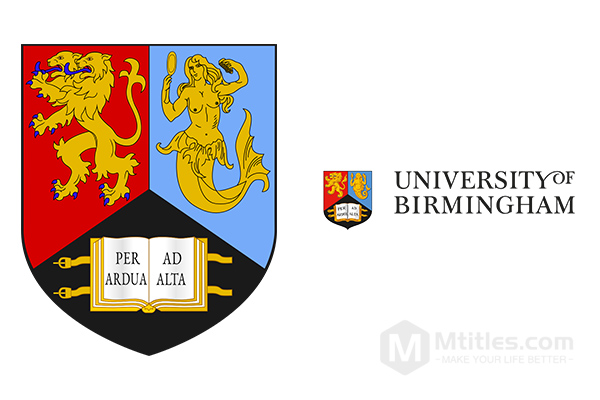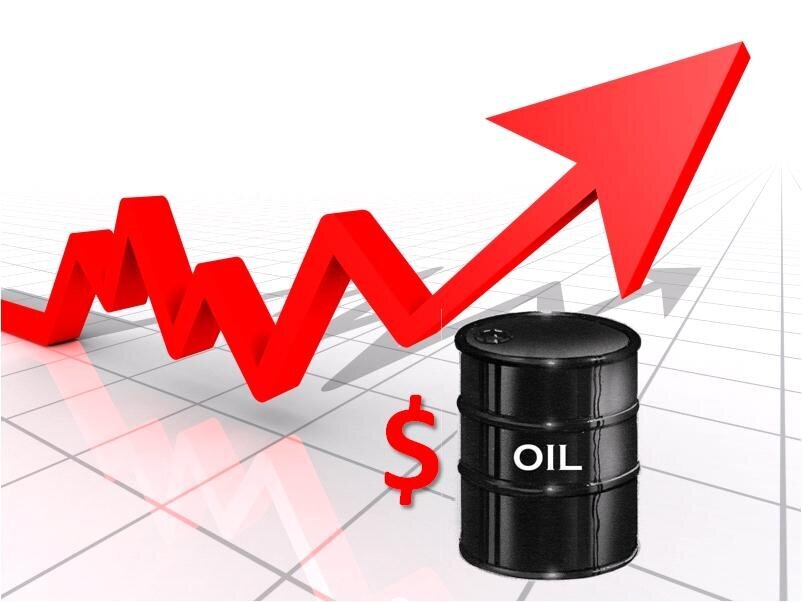The world's major banks made a profit of 170 billion U.S. dollars in the epidemic, the most profitable year in history

The dust of the earnings season has settled, and the combined profits of more than a dozen of the largest banks in the past four quarters have exceeded US$170 billion. JP Morgan Chase is particularly good, earning profits equivalent to US$131 million a day.
Some successful deals in the early stages of the COVID-19 pandemic helped the industry. As market volatility subsided last year, investment bankers are preparing to use special purpose acquisition tools to promote acquisitions and fund-raising activities. Then as the world economy began to recover, banks with wealth management and asset management departments enjoyed stock market dividends. The same trend also benefits the retail sector, which has long been regarded as a drag on performance, as they began to cut loan loss provisions.
Goldman Sachs and Morgan Stanley both broke their own profit records, and European peers UBS and Barclays both achieved their highest profits in a decade. Banks such as Deutsche Bank and Societe Generale stated that their businesses have benefited from the improvement in the global economy. Bank stocks reflect the impact of this wave of strong performance. The Dow Jones U.S. Banking Index has risen 59% in the past year, and the European Stoxx Bank Index has risen 56%.
The rising market activity has benefited the once frustrated Deutsche Bank and Barclays traders. JPMorgan Chase’s investment banking business achieved the best quarterly performance in history with transaction matching and advisory fees.
A few months after the implementation of epidemic prevention measures, the rise in corporate activity reflects optimism in many areas of the global economy. Furthermore, the banks felt this confidence, and it was enough to begin to cut huge loss provisions. In Europe alone, the provisions of the top nine banks have been reduced by 88% in recent weeks.
Laurie Mayers, deputy managing director of Moody's Investor Services in London, said:
"In view of the uncertainty that still exists, all of our banks rated in the UK and Europe are still retaining a substantial amount of provisions for expected credit losses. However, the outlook for major economies, including housing price inflation, is more positive, which is giving banks a boost. To reduce the pressure of provision."
Given that the epidemic is still spreading globally and interest rates at record lows continue to put pressure on bank loan business revenue, it remains to be seen whether the industry can continue to break profit records. Jefferies analyst said:
Investors may be suspicious of the provision cuts that have added to performance in recent quarters, but this is "a function of potential macroeconomic and underwriting insights."
Jefferies analyst Joseph Dickerson said:
"Part of the revenue trend may continue, especially as fee income continues to rise, and there will be no recurrence of large-scale write-downs. We continue to believe that the expected average of credit costs is too conservative.







